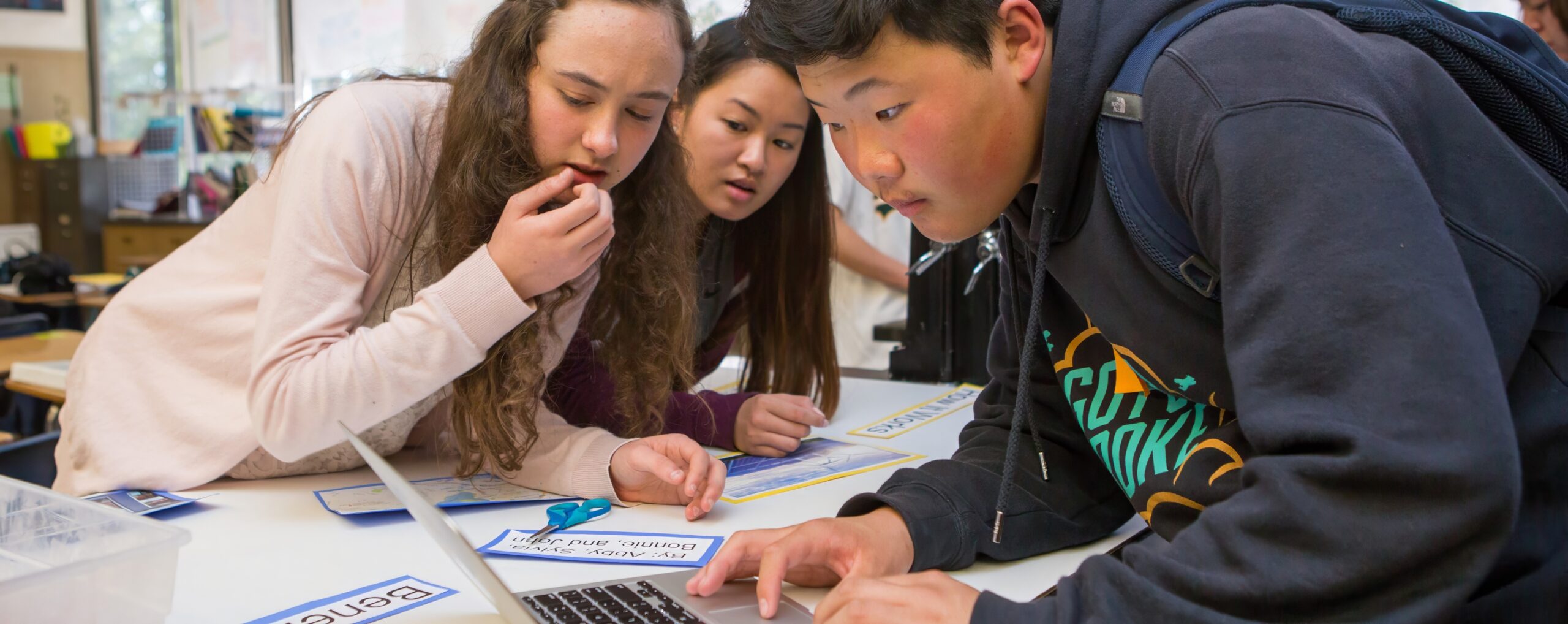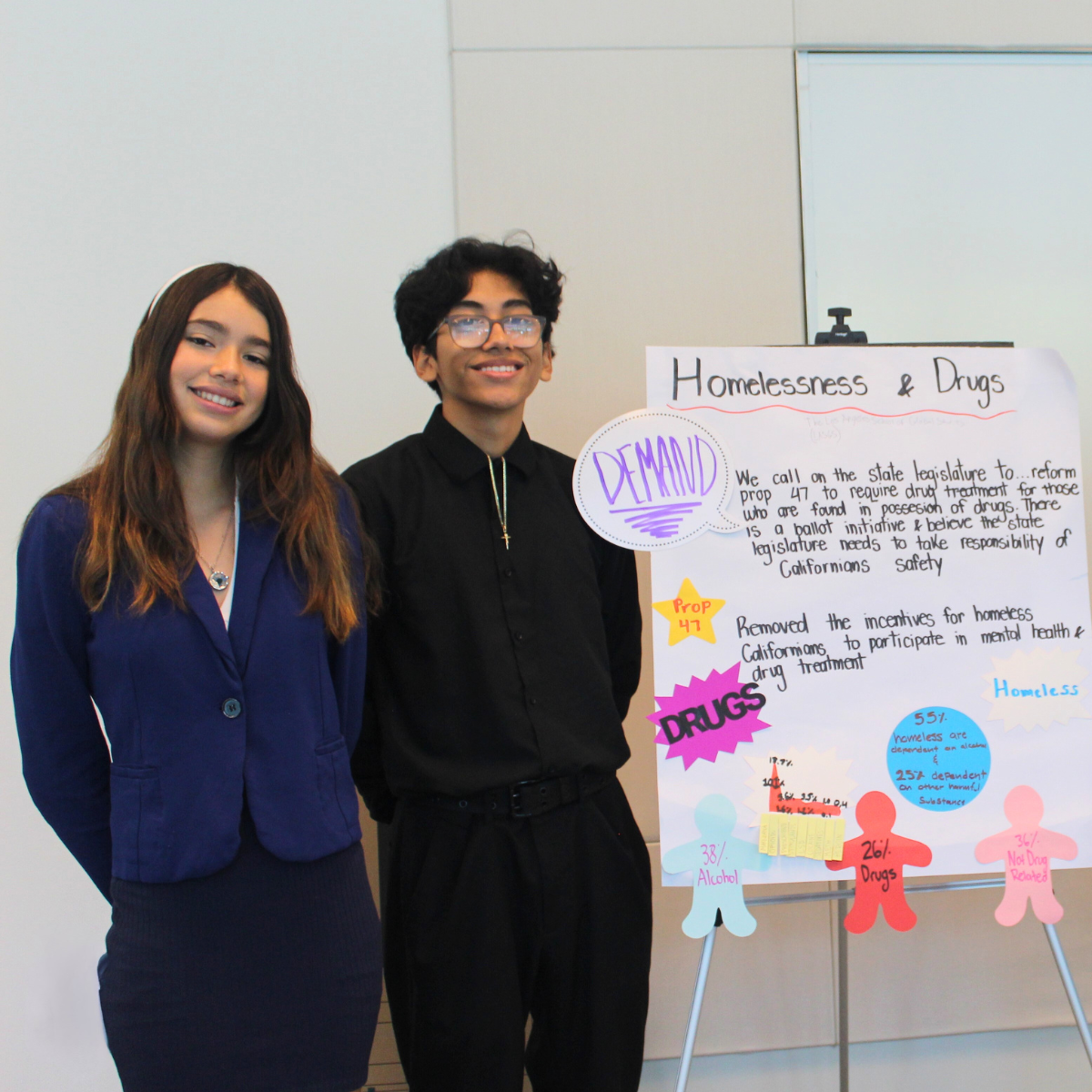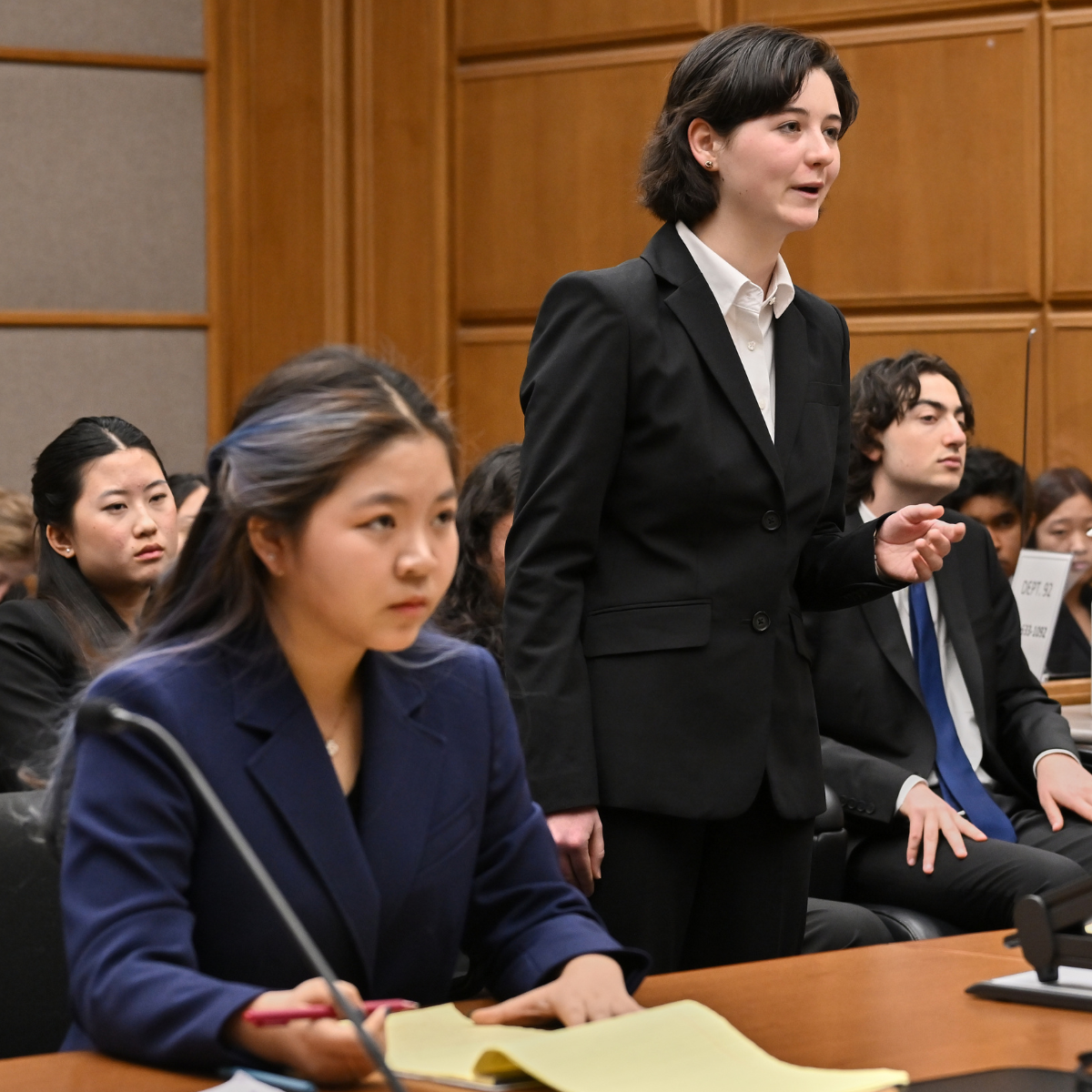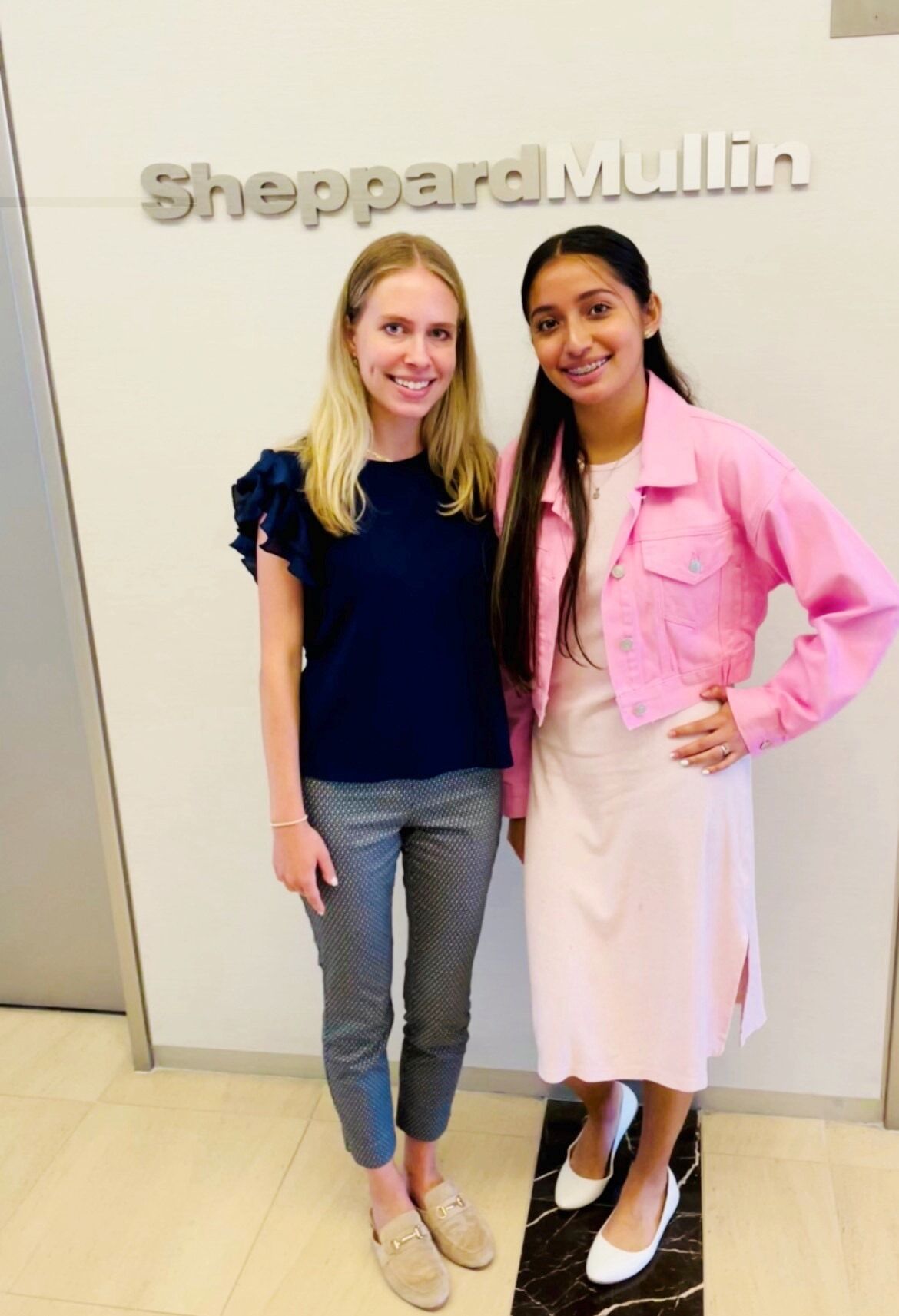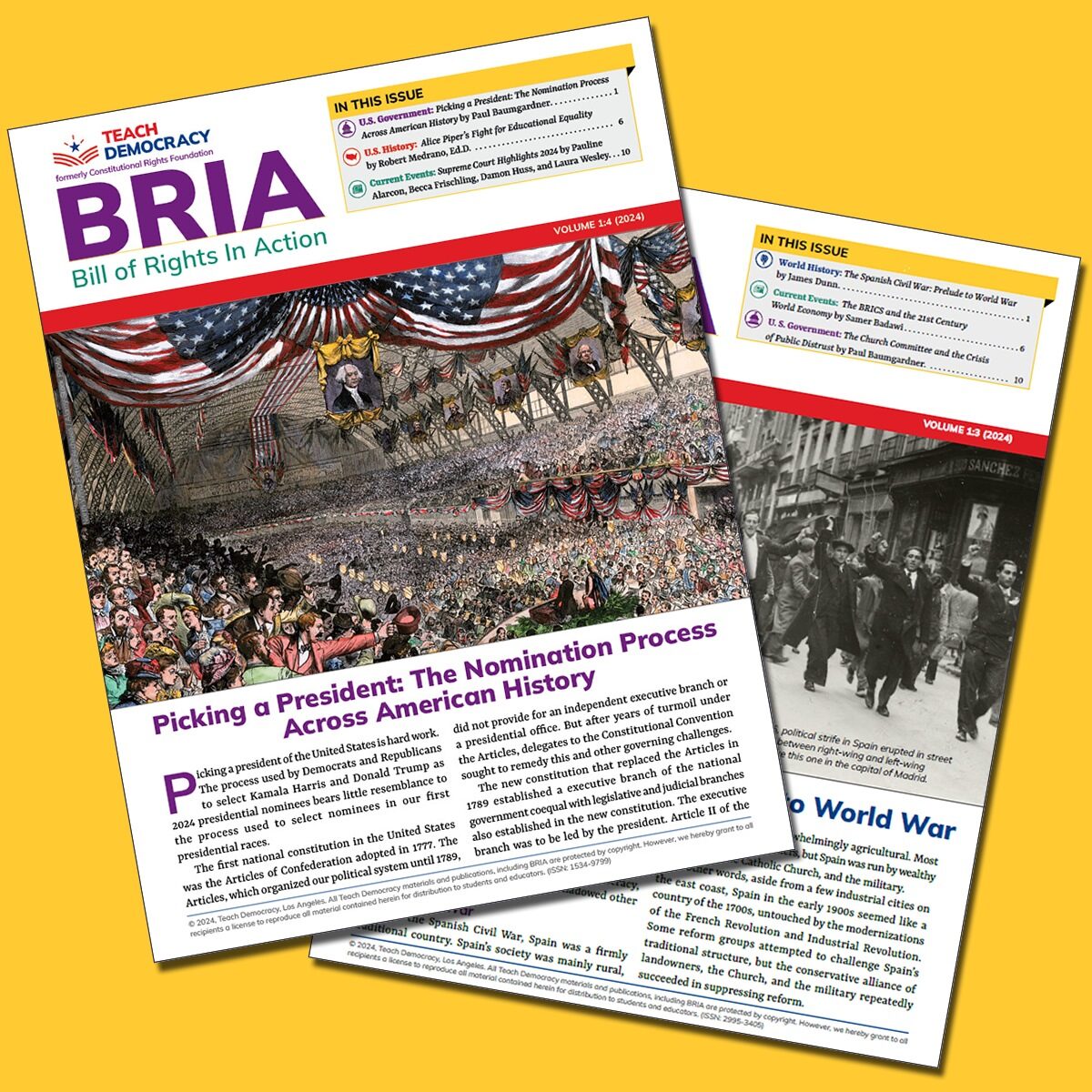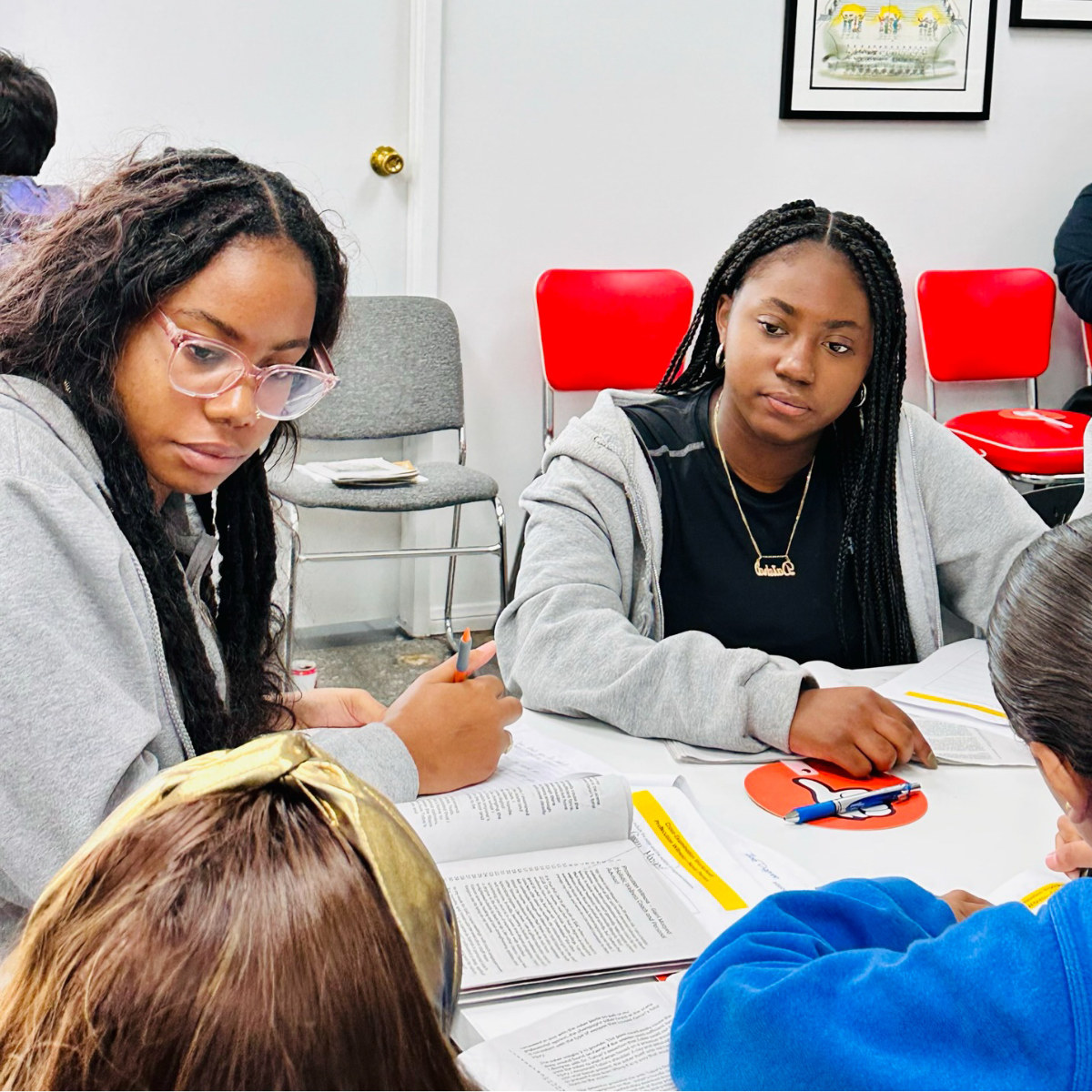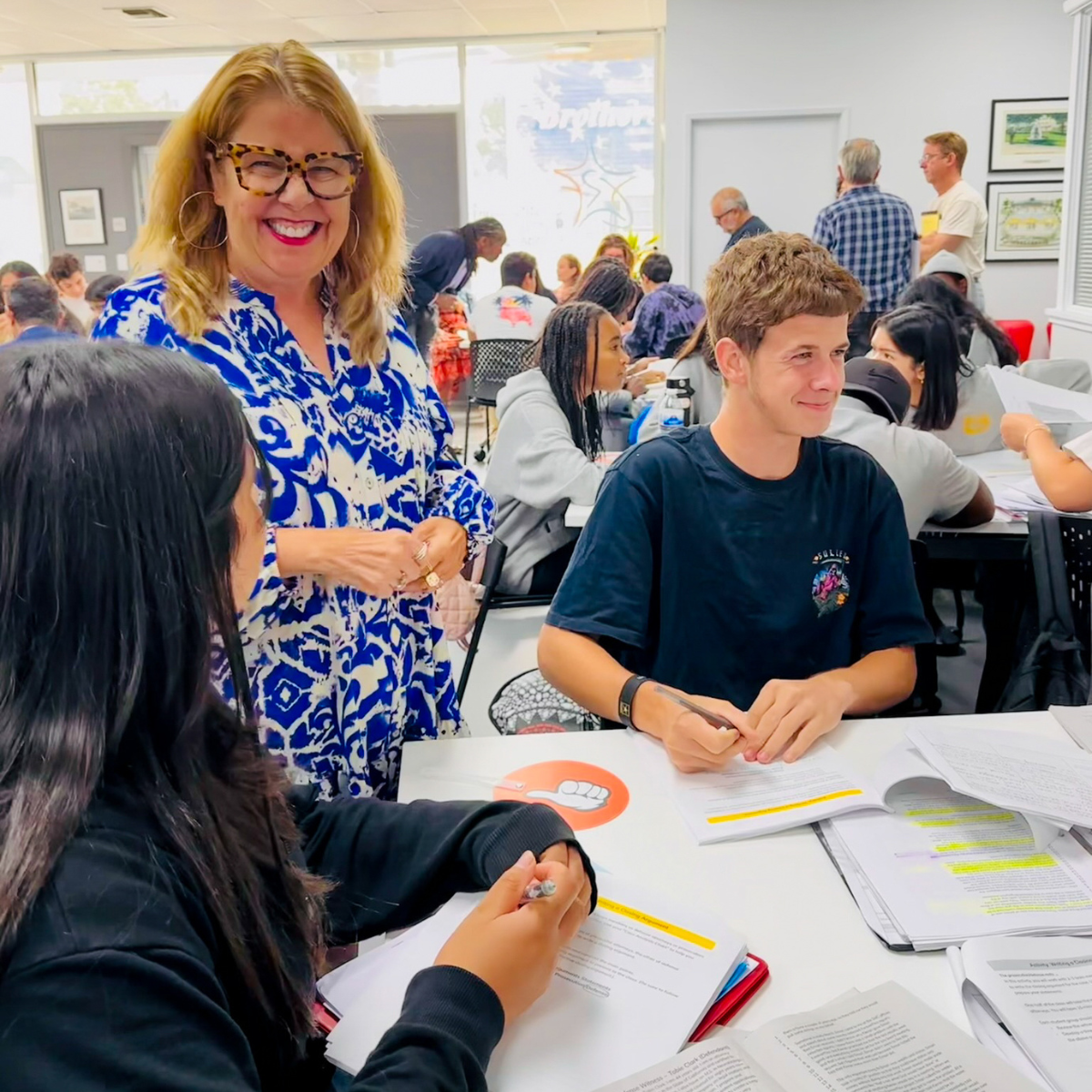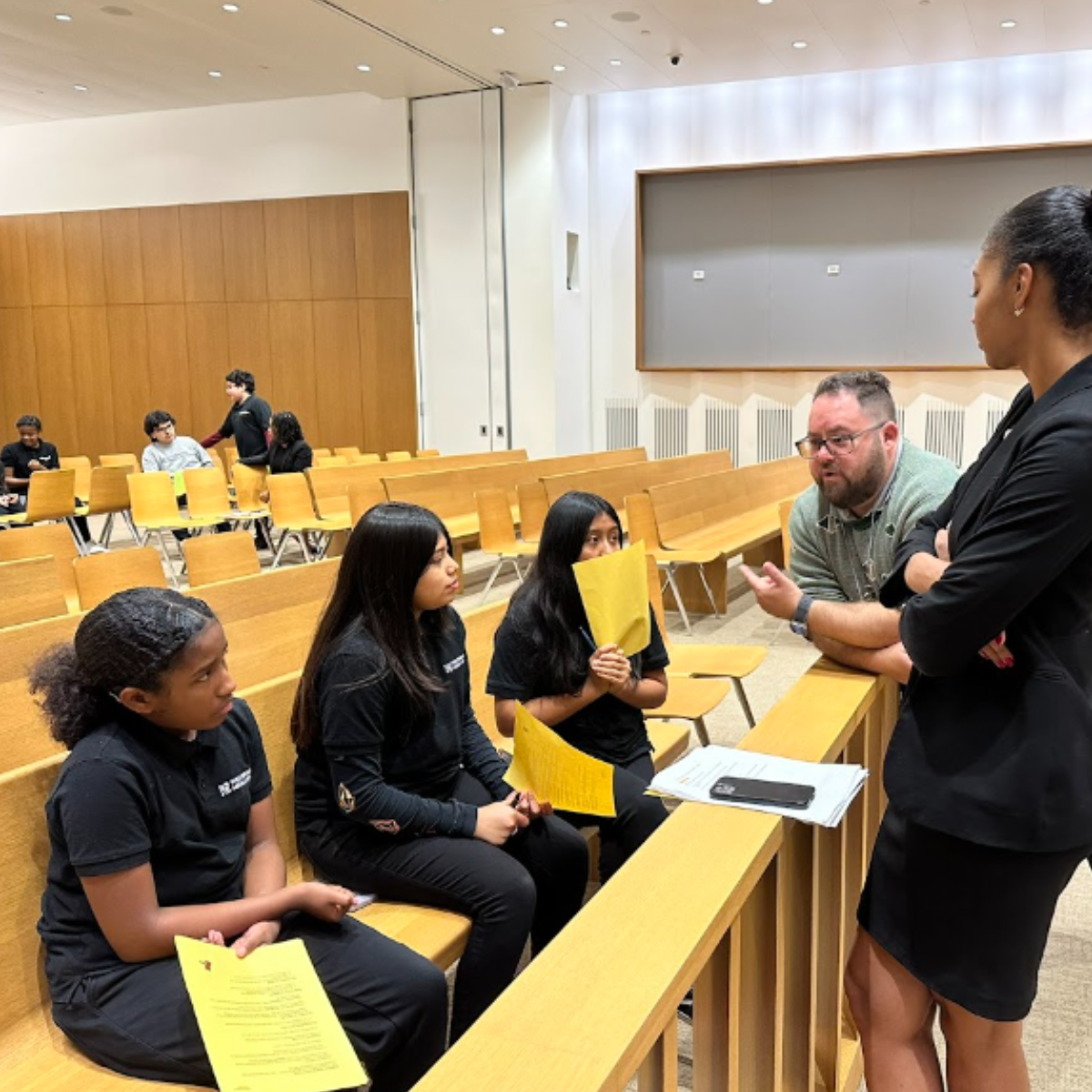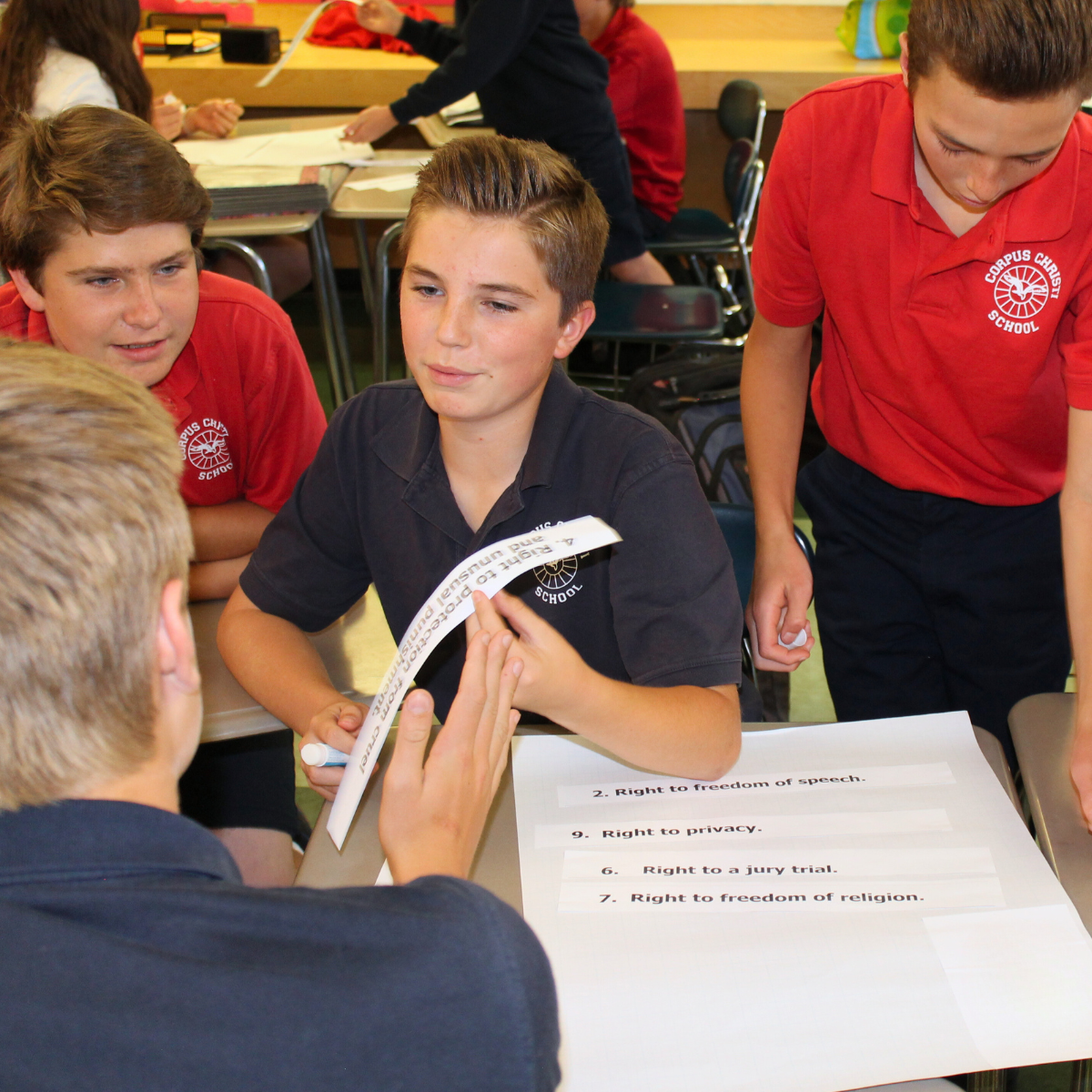Our Approach
Our curriculum and programs are designed with these core principles in mind: research-driven, student-centered, standards-aligned, project-based – all focused on critical thinking. This structure empowers educators to engage students in civic learning, government, and policy, preparing them to actively address pressing national issues in the future.
What We Do
Our curriculum and project-based, student-centered programs deliver engaging, impactful learning experiences in and out of the classroom.
Civic Action Project (CAP)
Combining best practices of effective civic education and project-based learning, CAP enables students to address real-world problems through the lens of public policy.
Mock Trial
Participating in a fictional trial with real judges and attorneys, students develop analytical and communication skills and increase their knowledge of our justice system.
Expanding Horizons Institute (EHI)
A partnership with Los Angeles businesses and agencies to place first-generation college-bound students in paid internships with mentoring and skill-building workshops.
BRIA (Bill of Rights In Action)
Quarterly curricular magazine with timely texts and activities on current events, U.S. history, world history, and government.
Civil Conversations (CivCon)
Students engage in a structured, small-group discussion on controversial or complex issues with close reading and text analysis of multiple perspectives.
California Civic Learning Initiative (CCLI)
A partnership of organizations and coalition agencies to provide educators in California support for implementing the California State Seal of Civic Engagement for all students.
California Courtroom Connection
Opportunities for Los Angeles area legal professionals to visits classrooms and for students to visit the courthouse. Students learn about the Constitution and our justice system.
California Three Rs Project
This project focuses on the three Rs: rights, responsibility, and respect related to learning about religion and the First Amendment.
Early Engagement in Civic Discussion has Big Benefits
Dr. Joseph Kahne, CERG
Engaging young people in discussions of local, national, and international issues has long been regarded as a core component of civic learning. When youth engage in discussions of current events and decision-making, they report being more engaged in school. They also report greater interest in politics, improved communication and critical thinking skills, increased civic knowledge, and a higher chance of participating in civic life as adults.
